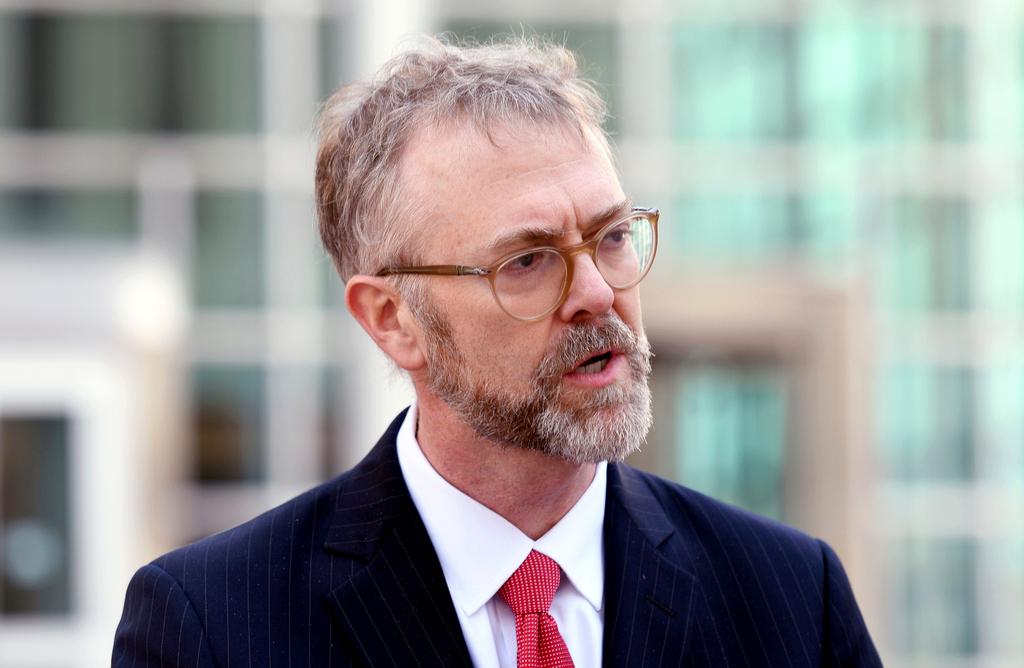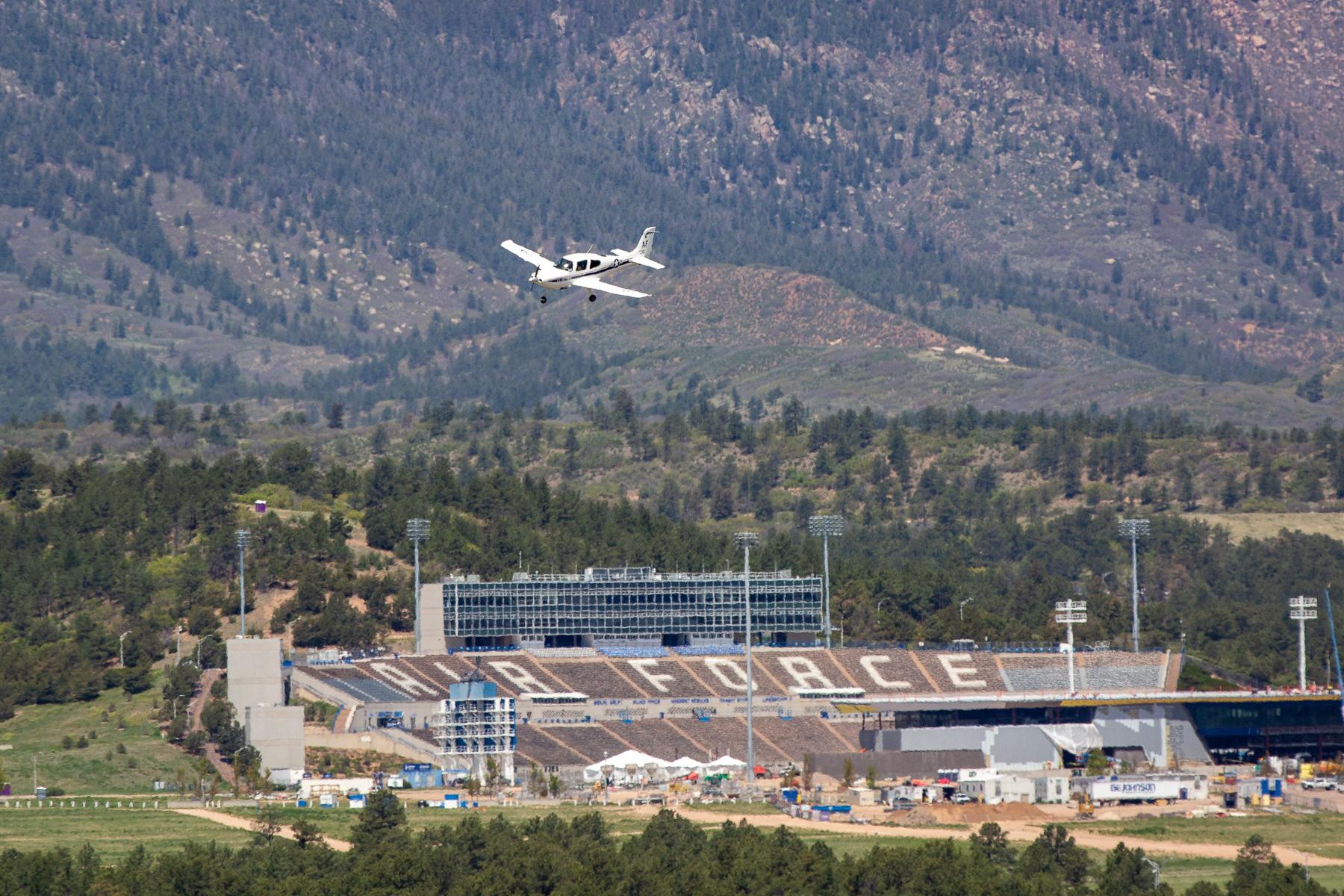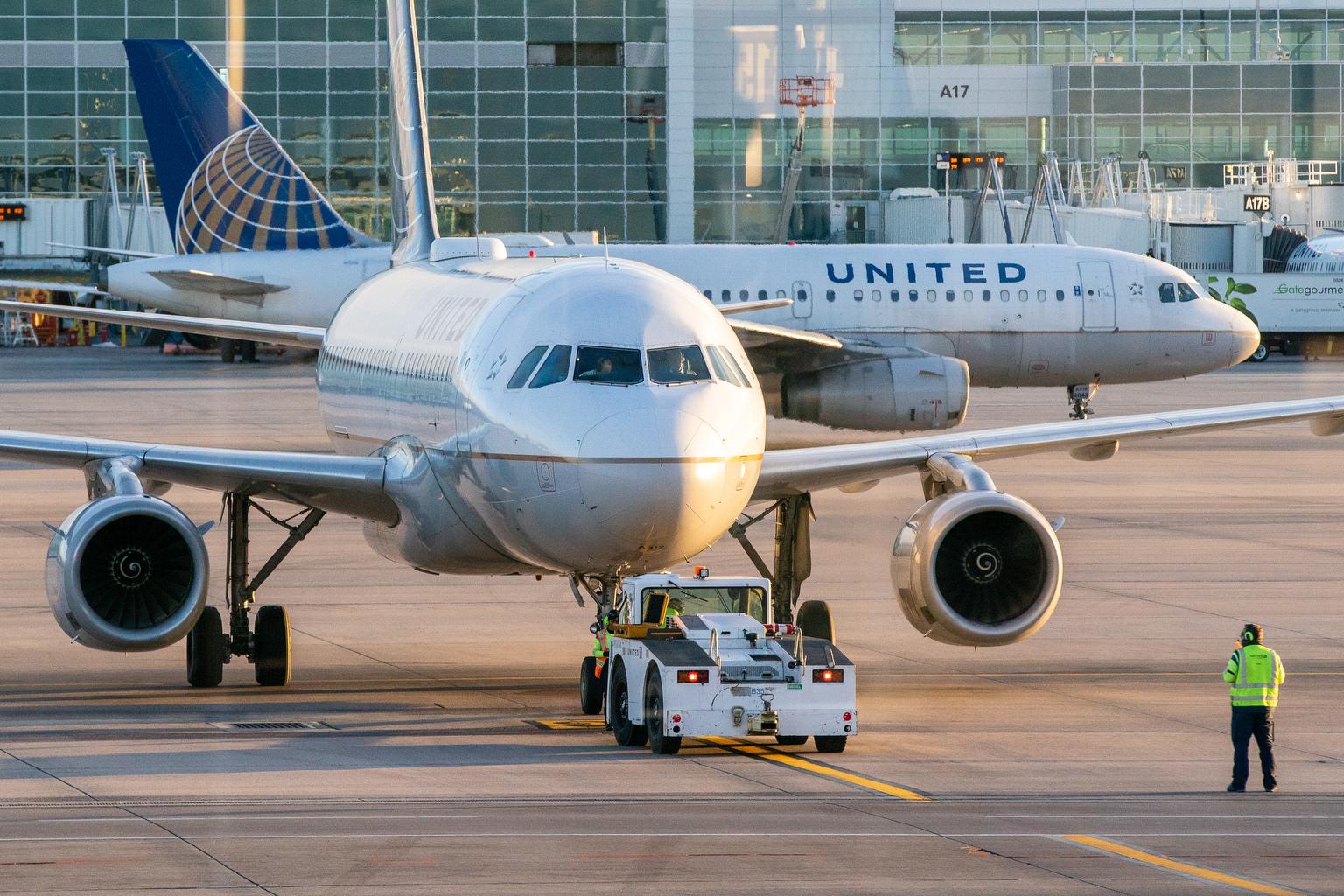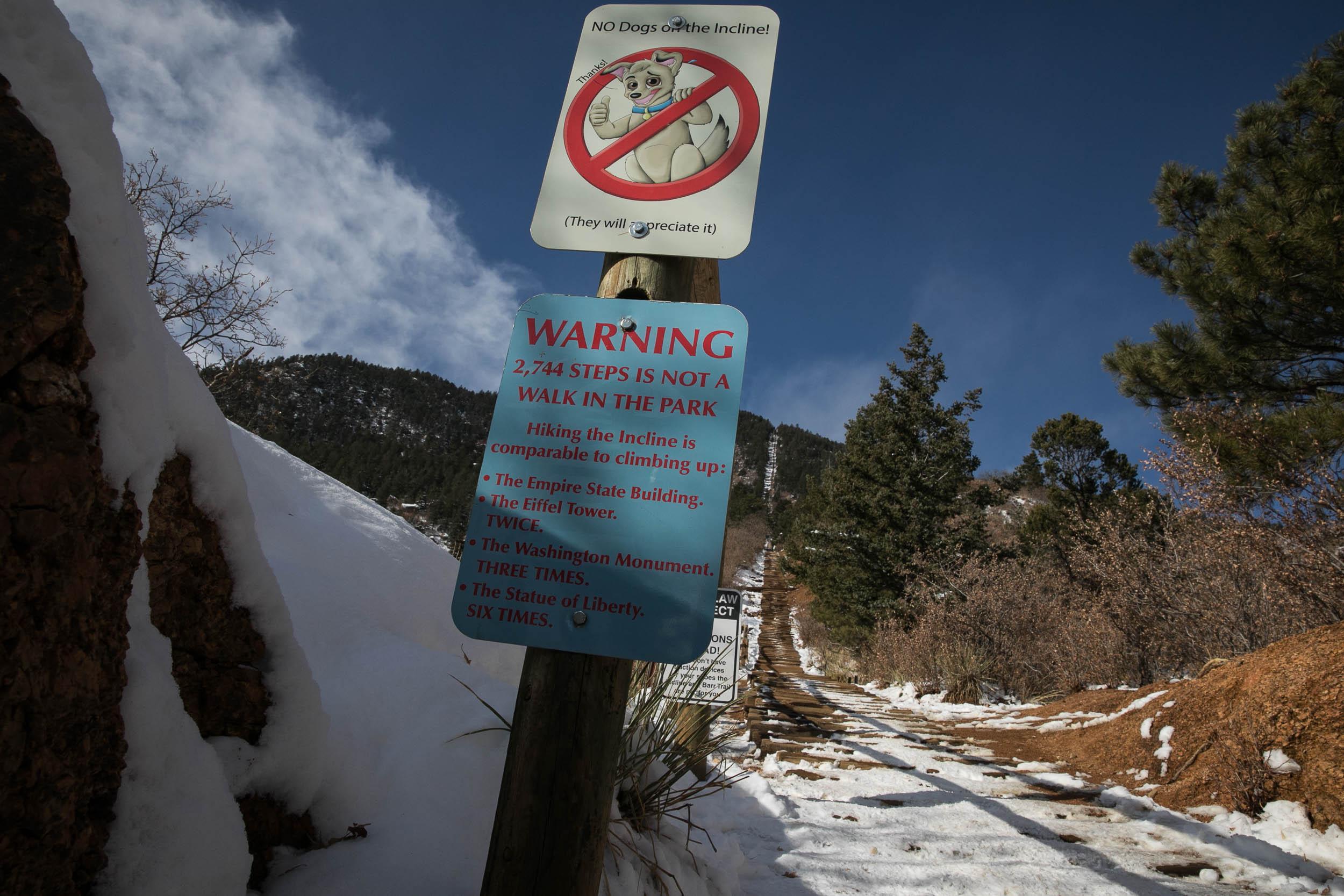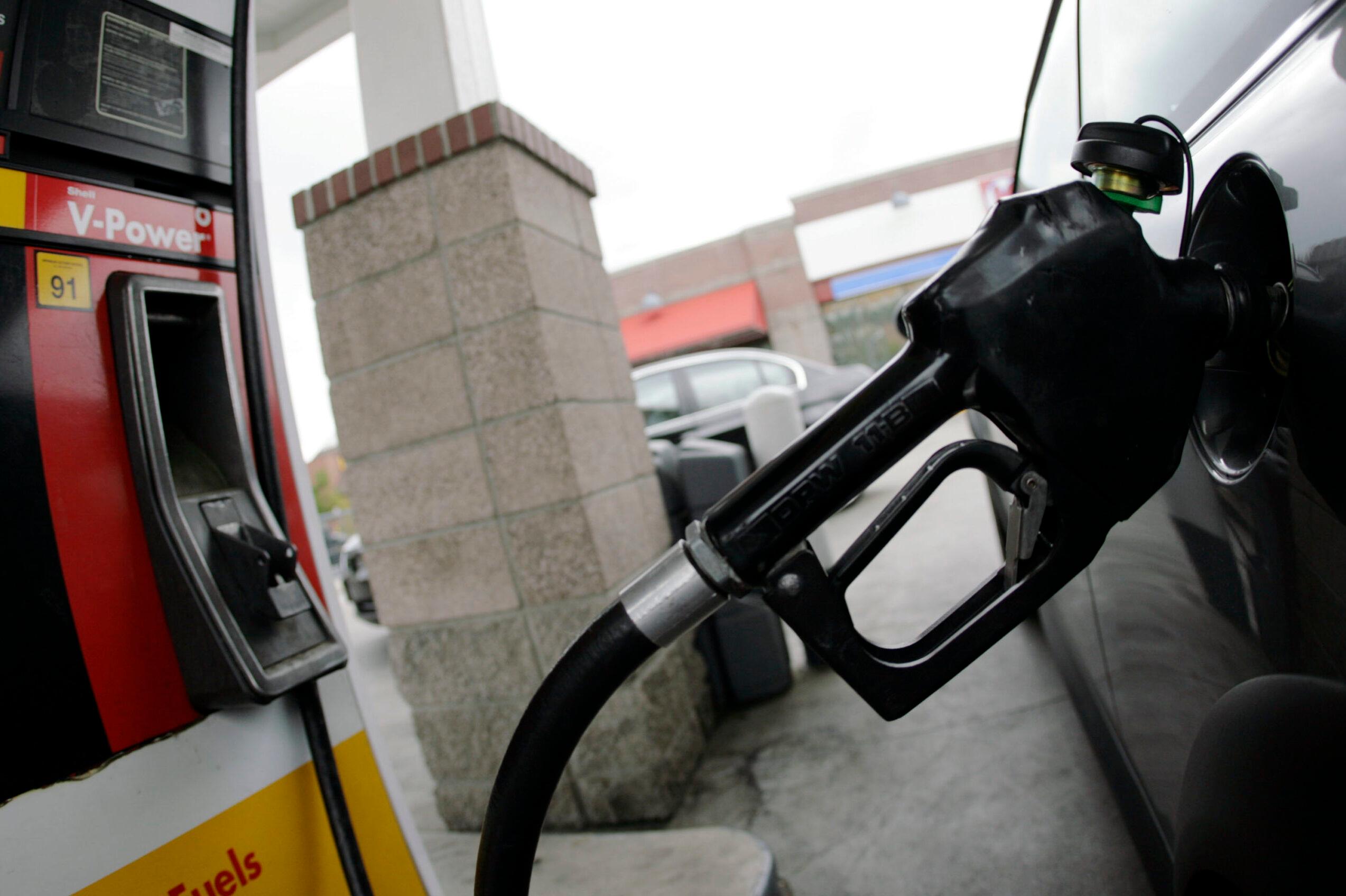
Consumer prices in the Denver area rose 3.5 percent in January compared to the same time last year, down from a jump of 4.5 percent the last time the data was calculated in November, according to the U.S. Bureau of Labor Statistics.
Energy prices saw a big drop because gas prices are falling. Gas cost 22 percent less than a year ago for people in and around Denver. On the other end of the spectrum, the data show that the cost of things like child care and medical care were up nearly eight percent.
Other notable changes in Denver include a 4.7 percent decline in the price of a used car and a 6.6 percent drop for apparel. Food prices are still rising, especially when dining out.
Inflation has been declining since peaking at roughly 9 percent in March 2022. But price increases are still larger than federal regulators – and shoppers – would like. Prices in the U.S. rose 3.1 percent in January, which was more than financial analysts were forecasting.
The Federal Reserve, which started raising interest rates two years ago in an effort to throttle demand for goods and services, has signaled that rates aren’t going to go up further.
The recent data suggests that inflation isn’t cooling as quickly as hoped. That means the central bank is less likely to start cutting rates anytime soon, meaning things like mortgages and auto loans will stay expensive.

